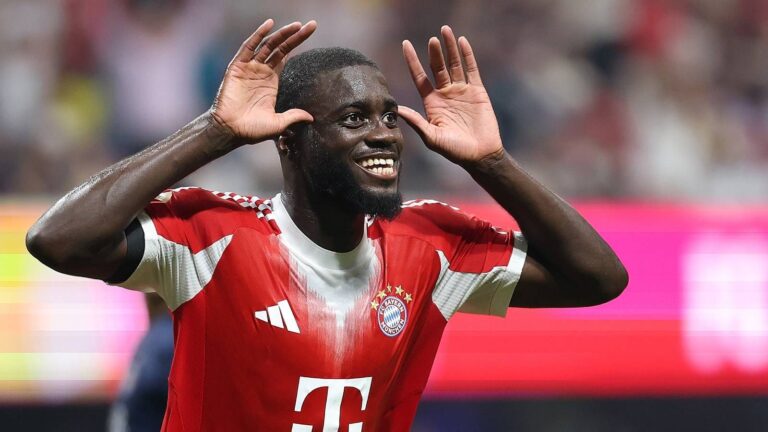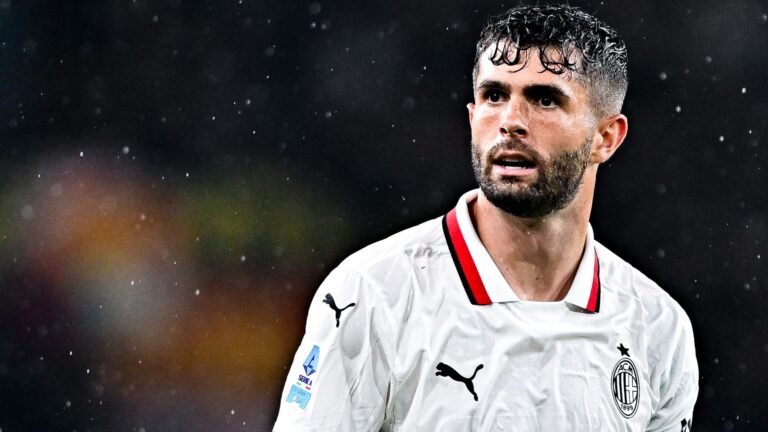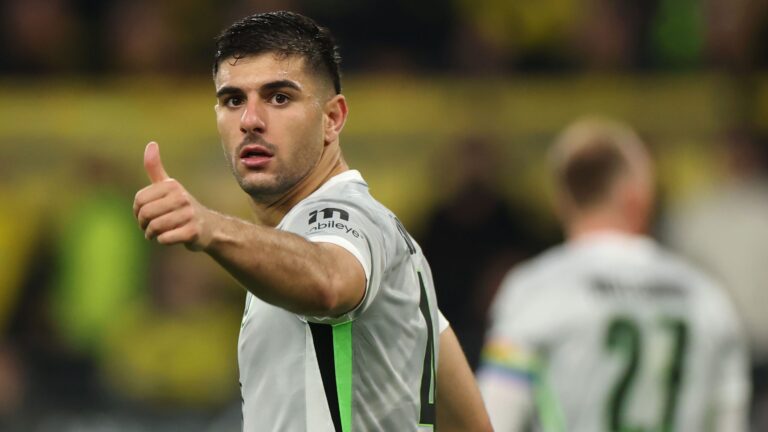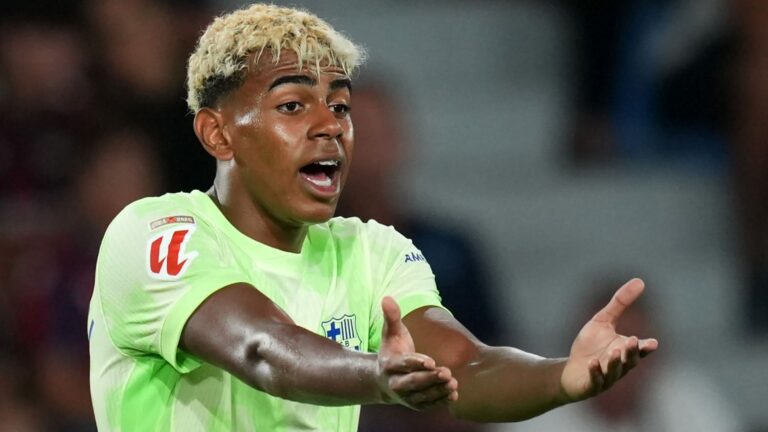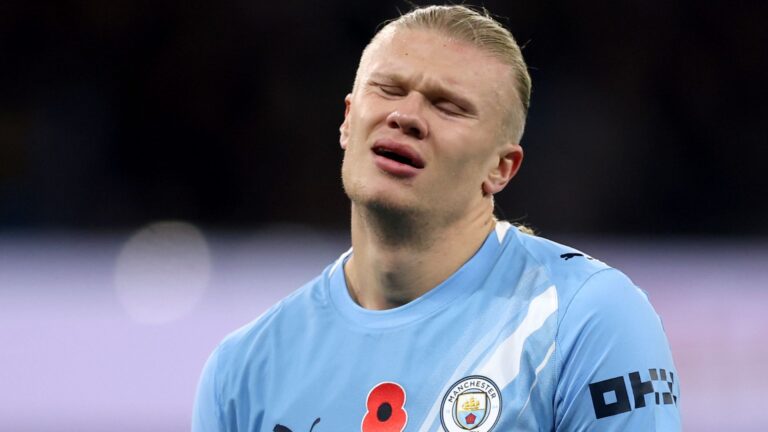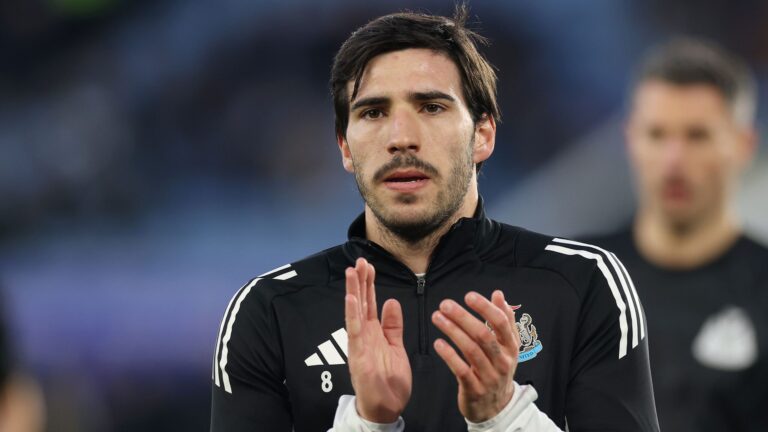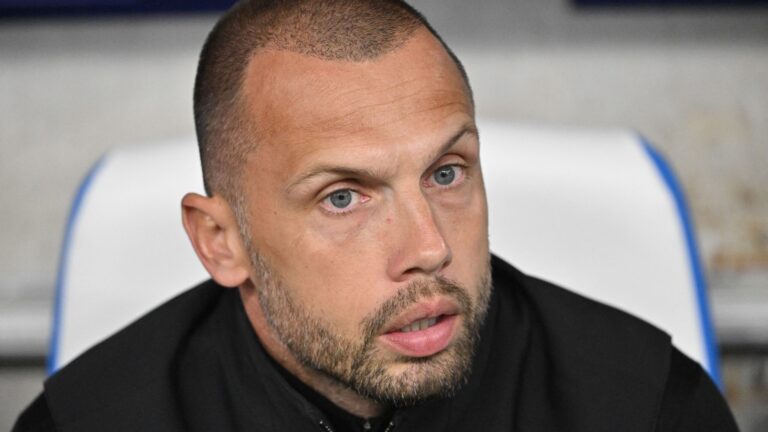Elevating Young Talent: Javier Aguirre’s Strategy for Gilberto Mora’s Global Leap
In the world of international football, Javier Aguirre and Gilberto Mora are emerging as key figures driving Mexico’s aspirations. The Mexican coach is advocating for the teenage prodigy to seek new challenges abroad, emphasizing the importance of stepping into elite European competitions to foster his growth and avoid stagnation in domestic leagues.
Aguirre’s Insight on Mora’s Career Advancement
The seasoned manager firmly believes that the promising forward is prepared to leave Liga MX behind, but only if the transition leads to meaningful opportunities. Rather than simply relocating, Aguirre insists on placing Mora in an environment that demands regular participation, drawing parallels to past experiences with other Mexican stars who benefited from overseas exposure despite initial hurdles.
The Value of Real Game Time in Europe
Aguirre shared his perspective in a recent interview, stressing that relocation must prioritize active involvement over mere presence. He recalled instances with players like Carlos Vela and Giovani dos Santos, who faced scrutiny for limited playtime yet gained invaluable lessons from tackling tough situations abroad, much like athletes who train in rigorous settings to build resilience instead of staying in familiar, comfortable zones.
The Coach’s Influence on Mora’s Journey
Throughout Mora’s early career, Aguirre has been instrumental, providing the young athlete with his initial senior team appearance and setting a record as the youngest ever to play for Mexico at age 16. This trust extended to giving him a prominent position in the recent Gold Cup, showcasing the coach’s faith in his abilities and potential for long-term success.
Seeking High-Stakes Exposure
Central to Aguirre’s plan is ensuring Mora gains experience in prestigious events, with a focus on qualifying for major continental cups. The emphasis is on integrating into leagues that offer access to tournaments like the Champions League, Europa League, or even the Conference League, as these platforms are essential for honing skills against top-tier opponents.
Envisioning a Stellar Future for Mora
The head coach is optimistic about the youngster’s prospects, predicting participation in multiple global events, including the upcoming 2026 World Cup. In his words, starting Mora in the Gold Cup was a calculated move, given the strong schedule ahead and his unique capabilities that set him apart from peers, much like innovators in sports who grasp the game comprehensively from an early stage.
Mora’s Emerging Legacy in Mexican Football
As a 16-year-old standout, Mora is positioned as a rare phenomenon in Mexican soccer, building on the legacies of predecessors whose achievements were noteworthy but didn’t fully realize their potential. His displays of exceptional technique, guidance on the field, and poise suggest he could surpass expectations and redefine standards for future generations.
Upcoming Challenges and Team Preparations
Currently, Mora is focused on the U-20 World Cup, with a crucial match against Chile on the horizon, while the main national squad gears up for a practice game versus Colombia at AT&T Stadium this weekend, highlighting the ongoing momentum in Mexican football development.
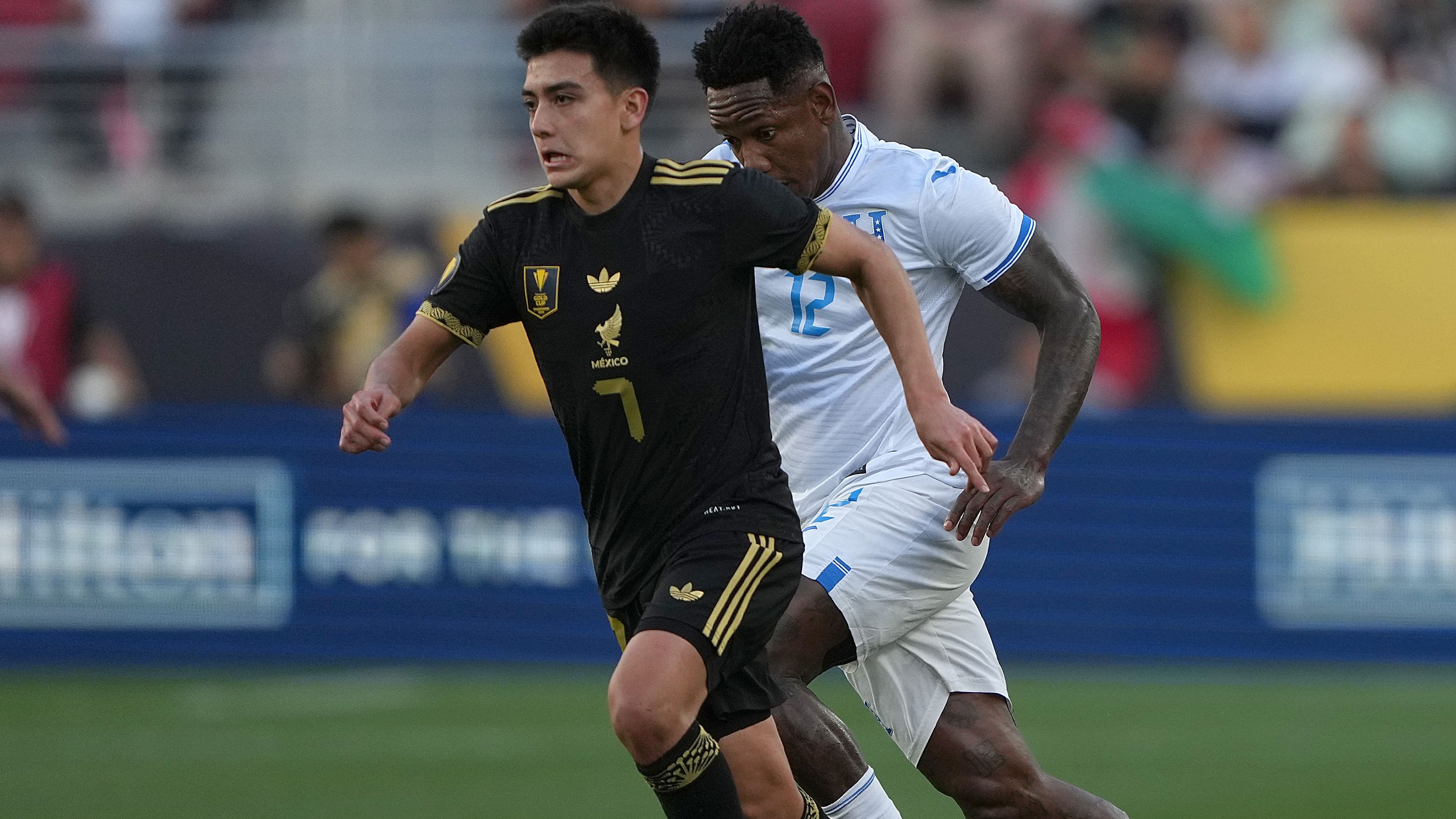
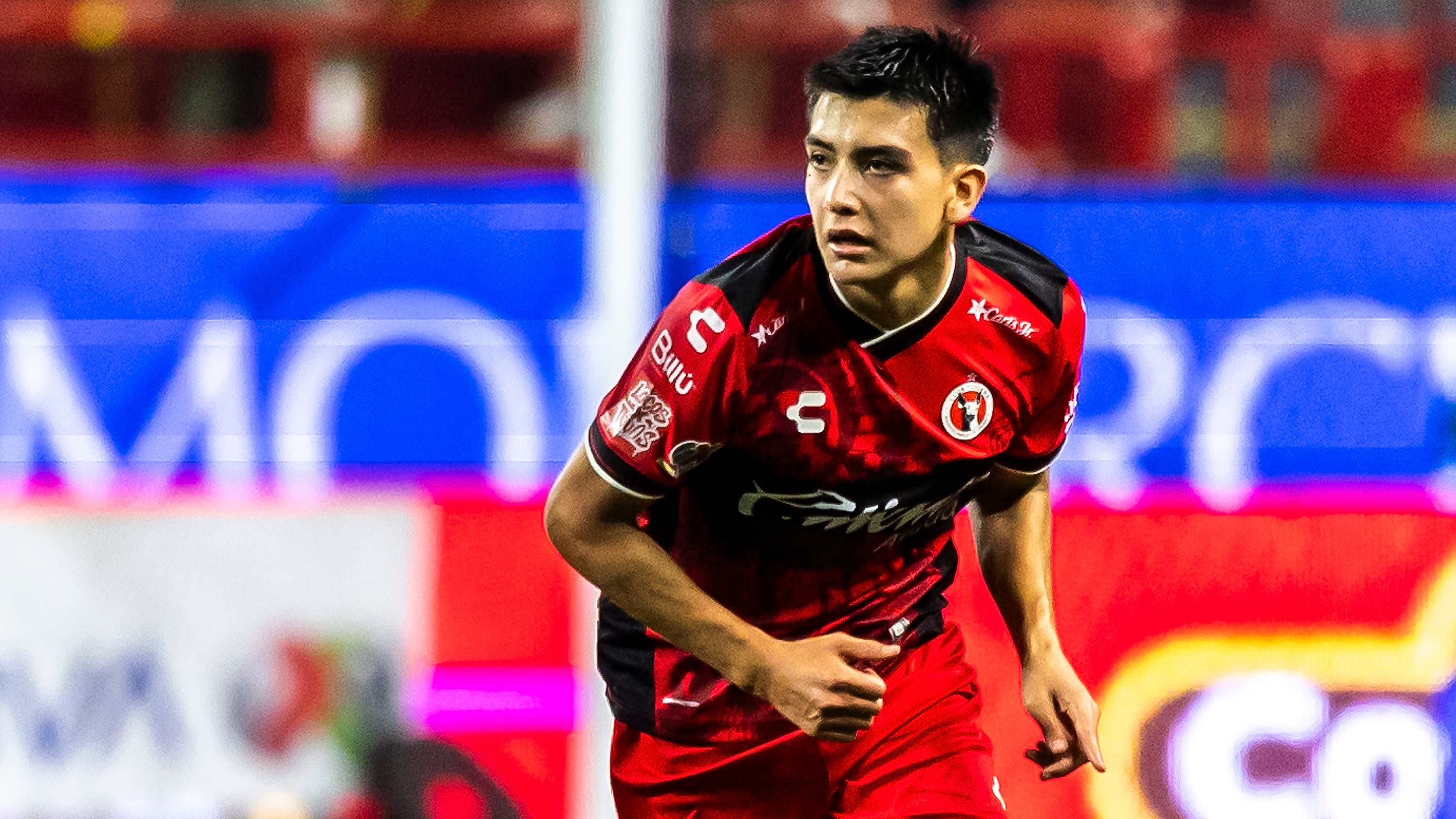
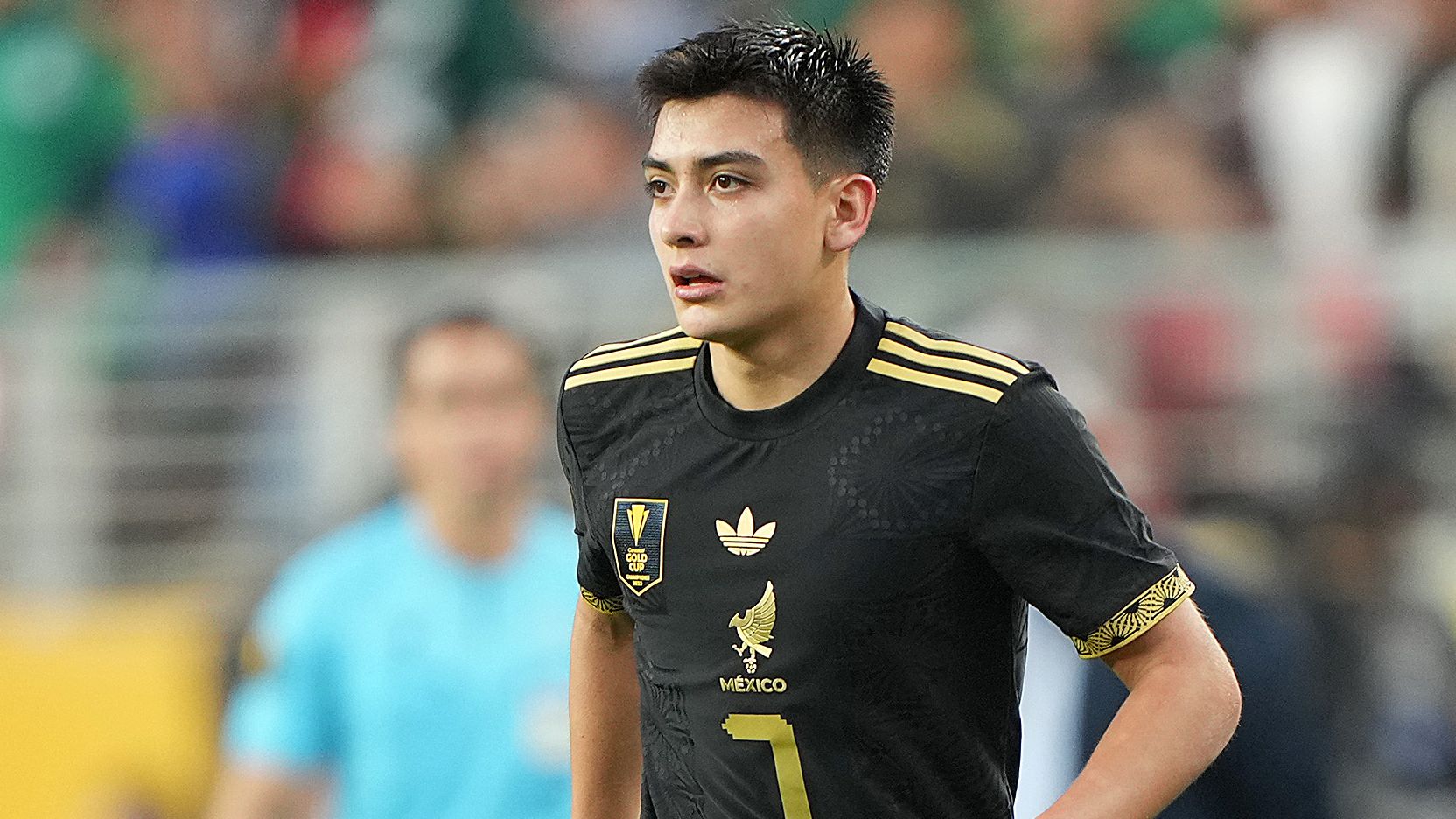
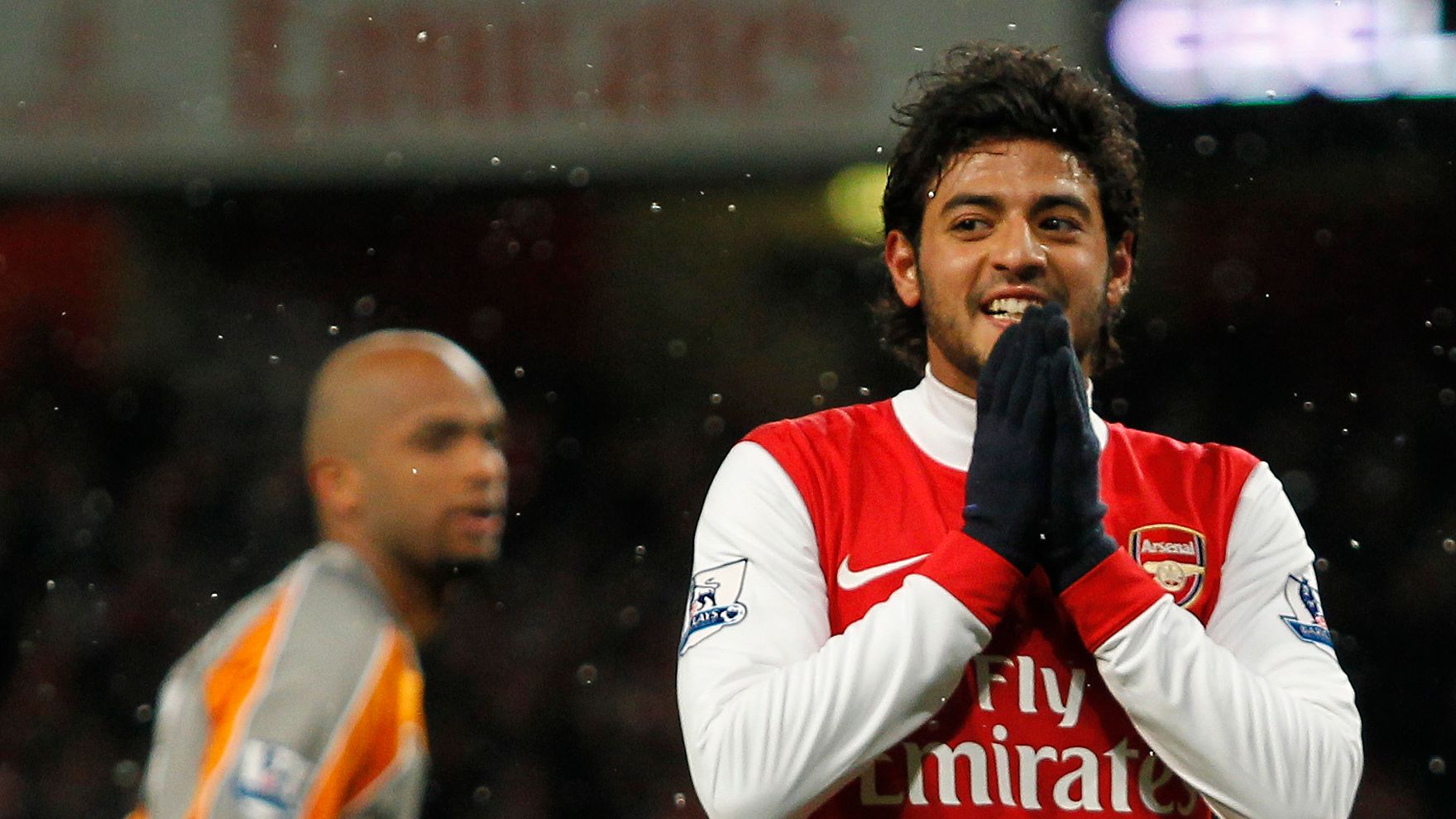
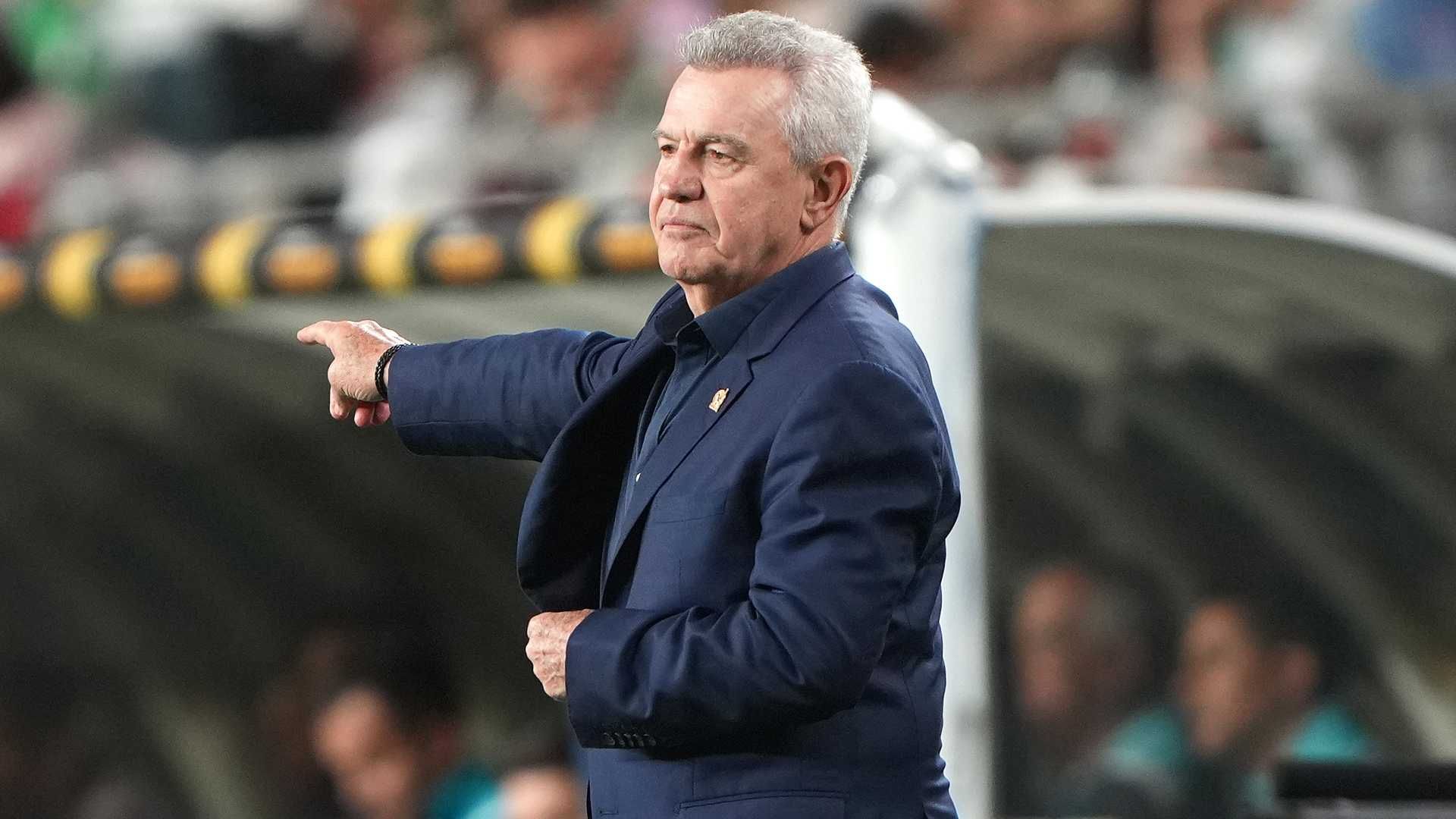
Javier Aguirre’s Advice to Gilberto Mora
Background on Key Figures
Javier Aguirre, the seasoned Mexico coach, has a storied history in football that makes his opinions highly respected in the global scene. With his experience managing teams like Mexico’s national squad and European clubs such as Atlético Madrid, Aguirre knows firsthand the demands and rewards of elite leagues. Gilberto Mora, a rising talent in Mexican football, has caught Aguirre’s eye with his skillful play and potential to shine on bigger stages. Aguirre’s recent comments urging Mora to target opportunities in Europe’s elite leagues-such as the Champions League, Europa League, or Conference League-highlight the coach’s belief in Mora’s abilities and the transformative power of international exposure.
This advice comes at a pivotal time for young Mexican players like Mora, who are increasingly eyeing moves to Europe for career advancement. Aguirre emphasizes that leagues like the Champions League offer top-tier competition, while the Europa League and Conference League provide accessible pathways for emerging stars to prove themselves.
The Push for Europe’s Elite Leagues
Aguirre’s urging stems from his observation of Mora’s performances in domestic leagues, where the young midfielder has shown versatility and tactical awareness. In interviews, Aguirre has stressed that pursuing spots in the Champions League, Europa League, or Conference League could accelerate Mora’s development, exposing him to world-class players and coaches. For instance, these competitions demand adaptability to different playing styles, which could refine Mora’s skills and elevate his profile internationally.
Keywords like “Mexico coach Javier Aguirre” and “Gilberto Mora opportunities” reflect the growing trend of Mexican talents seeking European moves, as seen in Aguirre’s strategic advice. He points out that the Champions League represents the pinnacle, with its high-stakes matches, but the Europa League and Conference League serve as stepping stones, offering consistent gameplay against diverse opponents. This perspective is crucial for players like Mora, who need to balance ambition with realistic career steps.
Benefits of Joining Elite Leagues
Playing in Europe’s elite leagues brings numerous advantages that can reshape a player’s career. For Gilberto Mora, transitioning to the Champions League, Europa League, or Conference League could mean:
- Enhanced Skill Development: Facing elite competition forces players to adapt quickly, improving technical abilities and decision-making under pressure.
- Increased Visibility: Scouts from top clubs frequently watch these leagues, boosting opportunities for lucrative transfers and sponsorships.
- Financial and Professional Growth: Higher salaries, better training facilities, and exposure to advanced tactics can lead to long-term stability and fame.
- Cultural and Personal Enrichment: Living in Europe exposes players to new cultures, languages, and lifestyles, fostering personal growth and broader perspectives.
These benefits align with Javier Aguirre’s vision, as he often shares how his own European experiences shaped his coaching philosophy. For aspiring players, the Champions League’s prestige could open doors to endorsements, while the Europa League and Conference League build resilience through challenging group stages.
Practical Tips for Pursuing Elite Opportunities
If you’re a young player like Gilberto Mora inspired by Javier Aguirre’s advice, here are some actionable steps to pursue spots in the Champions League, Europa League, or Conference League:
- Build a Strong Foundation: Focus on excelling in domestic leagues to attract European scouts. Regular video analysis and fitness training can highlight your strengths, such as Mora’s dribbling prowess.
- Seek Professional Representation: Work with agents who have connections to European clubs, emphasizing your fit for competitive environments like the Europa League.
- Participate in International Tournaments: Compete in friendlies or youth programs to gain visibility, as Aguirre recommends leveraging Mexico’s national team pathway.
- Mental and Physical Preparation: Develop mental toughness through sports psychology and maintain peak physical condition to handle the intensity of elite leagues.
- Network Strategically: Attend football camps or events in Europe to connect with coaches and players, increasing your chances of a trial in the Conference League or beyond.
These tips, drawn from Aguirre’s insights, underscore the importance of preparation in transitioning to high-level competitions.
Case Studies of Successful Transitions
Several Mexican players have followed paths similar to what Javier Aguirre envisions for Gilberto Mora, providing real-world examples of success in Europe’s elite leagues. Take Javier “Chicharito” Hernández, who moved to Manchester United and later played in the Champions League. His journey illustrates how adapting to European football led to goals in high-profile matches and a lasting legacy.
Another case is Héctor Herrera, who thrived in the Portuguese Primeira Liga and qualified for the Europa League with Porto. Herrera’s experience shows how consistent performances in secondary European leagues can pave the way to the Champions League, much like Aguirre suggests for Mora. Similarly, Raúl Jiménez’s stint at Wolverhampton in the Europa League demonstrated the value of resilience, as he overcame injuries to score in crucial games.
These case studies highlight patterns: players who embrace the challenges of elite leagues often see improved stats, higher market values, and national team roles. For Mora, emulating these examples could mean targeting clubs in leagues that feed into the Conference League as a starting point.
First-Hand Experiences from the Football World
Drawing from accounts shared by players and coaches, the transition to Europe’s elite leagues is both exhilarating and demanding. Javier Aguirre has recounted his own days managing in Europe, noting how the fast-paced environment of the Champions League pushed him to innovate tactically. For players like Gilberto Mora, first-hand stories from peers reveal the grind: long travels for Europa League matches, intense training sessions, and the thrill of Conference League knockouts.
One anonymous Mexican player shared how playing in the Europa League initially felt overwhelming due to cultural adjustments, but it ultimately built confidence and technical skills. Aguirre’s advice echoes these experiences, urging players to prepare for the mental shift required in elite settings. By prioritizing team dynamics and personal growth, as seen in these narratives, Mora could turn his European dream into a reality, gaining the edge needed to compete at the highest levels.


